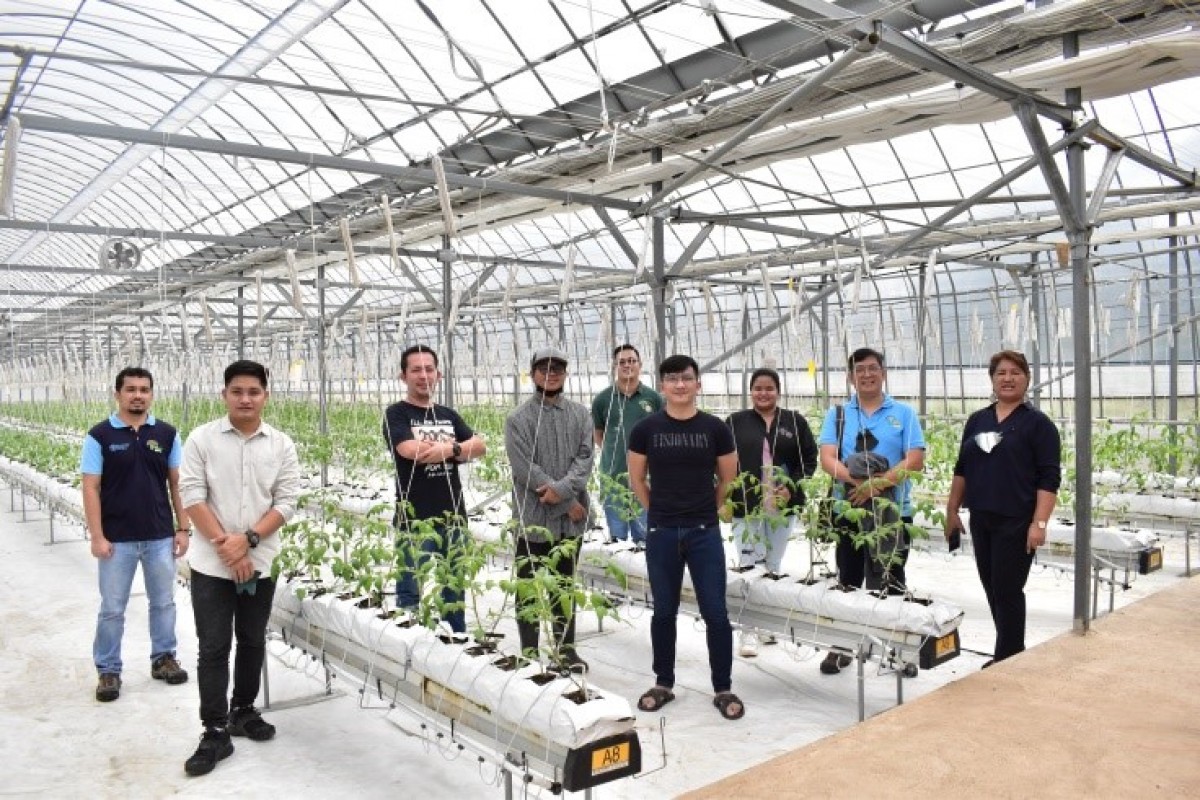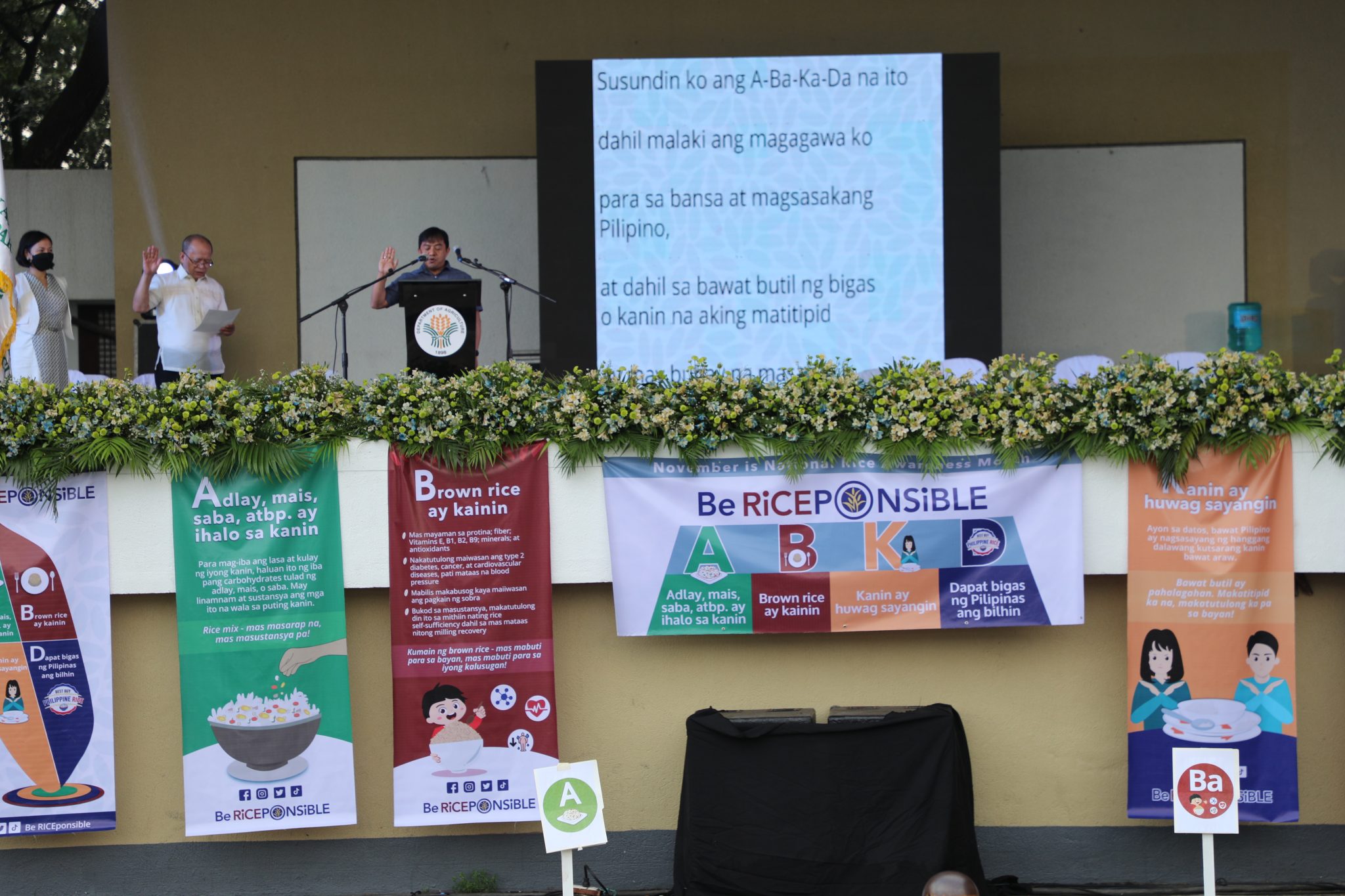QUEZON CITY -- As a leading innovation currently gaining worldwide acceptance, smart agriculture is used to enhance production, address farm-related issues like food demand, and make farms more connected and intelligent. According to Radhi and Abu Bakar of Malaysian Agricultural Research and Development Institute, the global market value of smart agriculture reached $26.76 billion in 2020. Smart agriculture uses a range of Internet of Things (IoT) based applications like precision farming, variable rate technology, smart irrigation, and smart greenhouses.
One aspect of smart agriculture is the smart greenhouse which is a breakthrough in farming technology that creates a microclimate for consistent plant growth with the help of sensor technology. Smart greenhouse adjusts environmental conditions automatically to optimize crop growth. This innovative farming technique provides farmers with high yield and better quality of farm produce while enabling a consistent crop production year-round, thus addressing market requirement to attain food efficiency and sufficiency, according to McNamara.
To promote widespread adoption of smart agriculture in the country, the Department of Agriculture-Bureau of Agricultural and Fisheries Engineering (DA-BAFE) visited the first established smart greenhouse project between the Republic of the Philippines and Republic of Korea from October 12 to 14, 2022.

Located at Bureau of Plant Industry – Baguio National Crop Research Development and Production Support Center (BPI-BNCRDPSC), the first smart greenhouse in the country was constructed in 2018 under the project entitled “Enhancing Productivity and Producing High Quality Tomato through Smart Greenhouse in the Philippines.” With a total cost of Php 215,000, the said project is a grant from the Republic of Korea through the Korea International Cooperation Agency (KOICA); Korea Agency of Education, Promotion, and Information Service in Food, Agriculture, Forestry and Fisheries (EPIS); Info Valley Korea C., Ltd.; and Shinhan A-Tec Co., Ltd. to the Republic of the Philippines through the Department of Agriculture (DA).
The BPI-BNCRDPSC and DA-Cordillera Administrative Region – Regional Field Office (DA-CAR RFO) jointly implement the project since its turn-over in 2019. The smart greenhouse project aims to enhance the production competitiveness of small and mid-sized farmers by establishing greenhouse technology for high-value added agricultural products and to increase farmers’ income by enhancing distribution channels in relation to co-branding and local shipping in the Philippines.
The smart greenhouse has eight (8) linked greenhouses intended for education and promotion of Korean technology and one (1) standard greenhouse for research and development. All components of the smart greenhouse were imported from Korea and an automated system controls the conditions inside the greenhouse to optimize plant growth.
Power for the smart greenhouse comes from two sources – the local electric cooperative and a stand-by source of renewable energy using solar panels. Cherry tomatoes (Solanum lycopersicum var. cerasiforme) are produced in the smart greenhouse by planting them in soilless medium using cocopeat bags irrigated through drip irrigation systems. A total of fifteen (15) metric tons of tomatoes are harvested every six (6) months on the average.
Moreover, BNCRDPSC also experimented planting pepper and cucumber because these crops have the same irrigation and fertilizer requirement as cherry tomatoes. The project opted to continue planting cherry tomatoes upon request of Korean business partners.
Features of the smart greenhouse are yet to be fully optimized. Korean-developed automation by mobile applications, where indoor conditions can be viewed and controlled using mobile phones anytime in any location, is currently a work in progress. With the initiative on the adoption of smart agriculture, DA-BAFE’s area of collaboration with BNCRDPSC is the provision of technical assistance in maximizing the utilization of the project’s control system. (MLA/ DA-BAFE)





